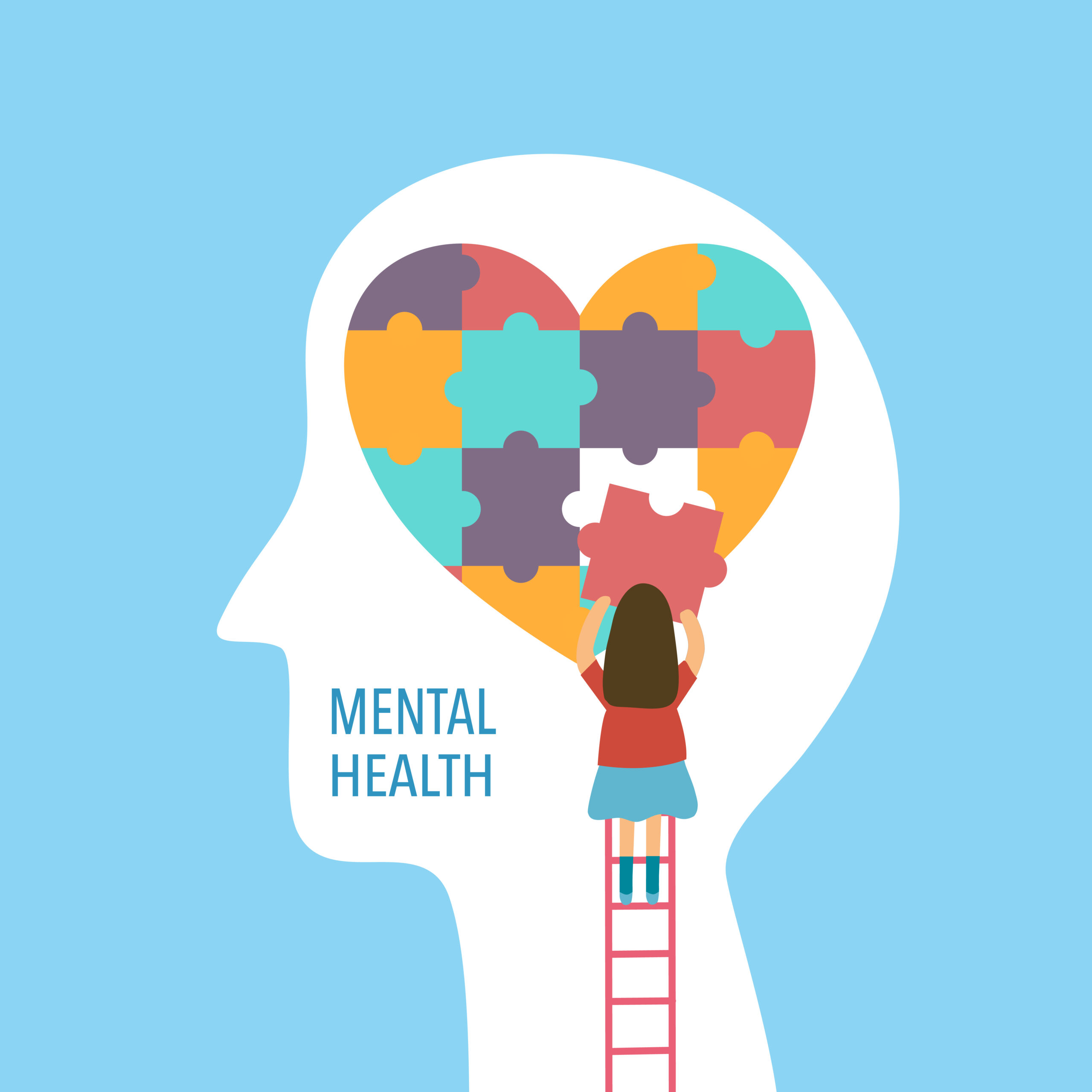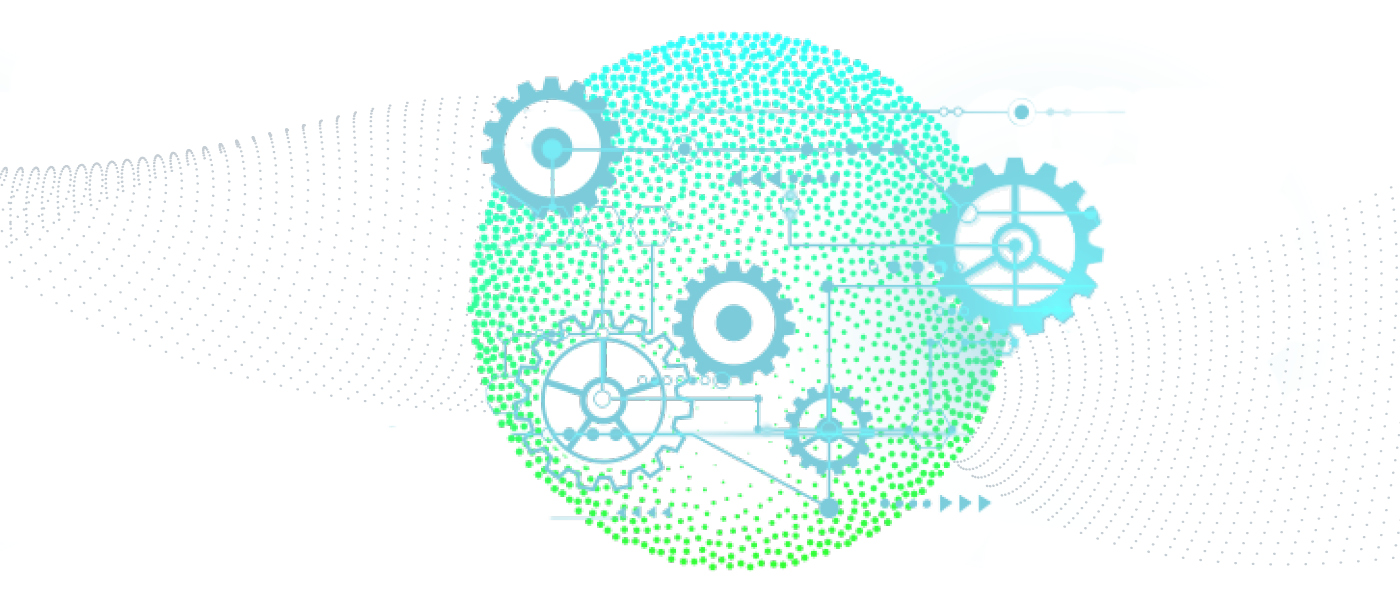More Mental Health Support Needed, But May Be Difficult to Get
Even before COVID hit, the list of stressors individuals faced had continued to grow—and the pandemic made things much worse. In the Foreword to its report, Stress in America™ 2020, the American Psychological Association (APA) captured the impact.
“Since 2007, when the Stress in America™ survey was first conducted by the Harris Poll on behalf of APA, we have seen various external factors negatively affect stress levels, from economic downturns to the impact of racism to political conflict,” the APA said. “Our 2020 survey is different. It reveals that Americans have been profoundly affected by the COVID-19 pandemic, and that the external factors Americans have listed in previous years as significant sources of stress remain present and problematic. These compounding stressors are having real consequences on our minds and bodies. It is the unusual combination of these factors and the persistent drumbeat of a crisis that shows no sign of abating that is leading APA to sound the alarm: We are facing a national mental health crisis that could yield serious health and social consequences for years to come.”
Public Perception Poll: More Mental Health Support Needed
Unfortunately, more recent research indicates that although increasing numbers of individuals are reporting mental health concerns, some may not be able to access the support they need.
According to the results of a recently released public perception poll, while U.S. adults see mental health and suicide prevention as “high priority issues,” they also believe there are too many barriers to getting the right help.
The survey was conducted by The Harris Poll and jointly commissioned by the American Foundation for Suicide Prevention (AFSP), the National Action Alliance for Suicide Prevention (Action Alliance) and the Suicide Prevention Resource Center (SPRC), according to a press release announcing the results. Polling included over 2,000 U.S. adults “to better understand the public’s attitudes and beliefs about mental health and suicide prevention–as well as their awareness, expectations, and barriers to using our nation’s crisis hotline services.”
Building on previous surveys conducted by AFSP, SPRC, and the Action Alliance—results indicated that “while gains have been made in valuing mental health and suicide prevention, there are not consistent societal supports for mental health care and barriers exist, such as a lack of knowledge and training about these issues and lack of affordable and accessible care and support.”
Key Insights
The release listed several key insights from the 2022 survey results.
Mental Health Is Increasingly Important, but Not Seen as Prioritized by Healthcare Systems
- “Exacerbated by the impacts of the pandemic and other world events, mental health has become a leading priority in the U.S. with people saying their own mental health is equally important to physical health (76%).”
- “However, only 31% of adults believe these issues are treated equally in our current health system…”
- “More than 8 in 10 adults (84%) say that as a result of the pandemic, it’s more important than ever to make suicide prevention a national priority and over 60% (up from 52% in 2020) have become more open to talking about mental health.”
- “Since 2018, the number of people who report they ever thought they had a mental health condition has grown from 57% to 67% in 2022.”
- “As more people struggle with their mental health, adults in the U.S. see getting help from a mental health professional as a sign of strength (53%) and having open dialogue about mental health is widely seen as ‘brave’ (57%).”
Adults in the U.S. Believe Suicide Can be Prevented, But Need Education
- “Today, the majority of adults in the U.S. (94%) see suicide as preventable at least sometimes, and 75% (up from 71% in 2020) believe most people who die by suicide show signs beforehand. But only about 1 in 3 (36%) feel they can tell when someone is considering suicide, consistent with 2020 (33%).”
- “Adults in the U.S. overwhelmingly would take action if someone close to them was thinking about suicide (96%), and 8 in 10 people (83%, up from 78% in 2020 and 2018) would be interested in learning how they might be able to play a role in helping someone who may be suicidal.”
- “…slightly more than half of people (51%) report feeling comfortable talking openly with others in public about suicide, on par with 2020 (49%).”
- “When asked about the reasons or barriers that would prevent people who are thinking about suicide from seeking help, more than half of adults in the U.S. (56%) believe not knowing how to get help, along with feelings of hopelessness (66%) and embarrassment (59%).”
- “…if they were to reach out to obtain helpful resources or tips about coping with thoughts of suicide or helping a loved one who might be struggling, more than half of respondents reported that they would go to a mental health provider (57%, up from 50% in 2020) followed by turning to family or friends (52%), or a crisis line (46%).”
“The 2022 data show that while progress has been made, we have a lot of work to do,” said Colleen Carr, Director of the Action Alliance in the statement. “To effectively lower rates of suicide and greatly improve mental health and wellness in the U.S., requires multi-sector collaboration to accelerate actionable and sustainable solutions. If we are serious about strengthening these issues, it will require leaders at all levels to take bold action now.”
Greater Access to Mental Health & Suicide Prevention Services, Resources, and Education are Needed
- “When it comes to accessing mental health services, the majority of adults in the U.S. (61%) believe providing better access to mental health care and talk therapy, couples counseling, family therapy, and tele-therapy would help reduce the number of people who die by suicide.”
- “…cost was perceived to be a deterrent to seeking help with nearly half of adults in the U.S. (46%) saying inability to afford treatment keeps people who are thinking about suicide from seeking help, while others (44%) point to lack of access to treatment.”
- “Across the continuum of mental health care, the need for accessible providers is clear–the majority (61%) of people say they would encourage someone thinking about suicide to seek help from mental health professionals. Nearly half would encourage them to seek help from a doctor or primary care health professional (49%).”
The release also noted that “At the time of this poll, the country had just transitioned to the three-digit 988 Suicide and Crisis Lifeline. When asked about crisis hotlines, the survey finds that adults in the U.S. would expect a trained mental health provider or mobile crisis team (86%), a medical professional or ambulance (66%), or police/law enforcement (64%) to respond if they called for themselves or someone they know who was experiencing a mental health or suicide related crisis.”
“The poll findings show we are making progress in public perceptions regarding the importance of mental health, and that suicide is a preventable cause of death. It also points out barriers to help-seeking and opportunities to further public understanding of how to help someone who is struggling,” said AFSP CEO Bob Gebbia in the statement. “Without question, what we learned will strengthen AFSP’s public education campaigns and guide the development of programs and resources that the public indicates are needed to address their mental health needs and to prevent suicide. The findings also affirm AFSP’s current efforts to advocate for more accessible and affordable mental health care.”
National Action from Across All Sectors Is Imperative
“To eliminate barriers to promoting hope and help-seeking–which can be key to saving and improving lives–education for providers and lay responders stands out as in past polls as an important component needed to address this public health problem,” the release said. “The majority of adults in the U.S. (78%) believe that training and education for professionals (first responders, health care providers, community leaders, faith leaders, the media, etc.) would be most helpful for reducing the number of people who die by suicide.”
“The 2022 data reiterates that SPRC’s work to develop educational resources for mental health professionals, healthcare providers, and leaders in the field is vital for effective suicide prevention,” said SPRC Director Shelby Rowe. “These survey results, paired with the integration of lived experience and a focus on justice, equity, and diversity, help inform SPRC’s efforts in strengthening suicide prevention infrastructure across the nation.”
Mental Health and the Marketing Industry
In a recent post, “Mental Health and the Marketing Industry,” the Association for National Advertisers (ANA) asked, “How can marketers cope with burnout and stress?”
“Burnout and feelings of being overwhelmed are not unusual,” the ANA said. Citing its Society and Sustainability Collective page, the ANA noted that such emotions are “quite common,” and cited WHO data that “approximately 10.7 percent of the worldwide population — 792 million people — have a mental health disorder. In the U.S., just prior to the pandemic, 1 out of 5 adults experienced a mental illness.”
“Destigmatizing having feelings of stress, burnout, and other overwhelming emotions is necessary to creating a healthy environment, both personally and at work,” the ANA emphasized. “Everyone deals with these feelings at some point, and having access to resources, wellness centers, and empathetic managers makes a significant difference in people’s lives. And, of course, when people feel supported, company work culture is positively affected.”
The ANA said its Sustainability Collective posed several “important questions for the industry as a whole, as a way to address fostering and promoting a supportive work culture”:
- “As marketers, how can we destigmatize mental health, promote wellness, and support a healthy mind and spirit, both for ourselves and society at large?”
- “As an industry, how do we manage burnout and lead with empathy to positively impact culture and drive performance?”
- “Is your brand or company making a difference?”
Citing an ANA article in which Michelle Peluso, EVP and chief customer officer at CVS Health and co-president of CVS Pharmacy underscored the value of fostering empathy at work, the ANA said such an approach is especially important in the midst of current dynamics.
“This is especially pertinent for marketers during a challenging time where climate change, fast-paced technological changes, COVID-19, as well as cultural and economic issues create a perfect storm,” the ANA said.
For additional mental health resources for marketers compiled by the ANA, please see the post, “Mental Health and the Marketing Industry.”
Contact us today to find out how we can help level up your healthcare marketing strategy.







 Ad Choices
Ad Choices